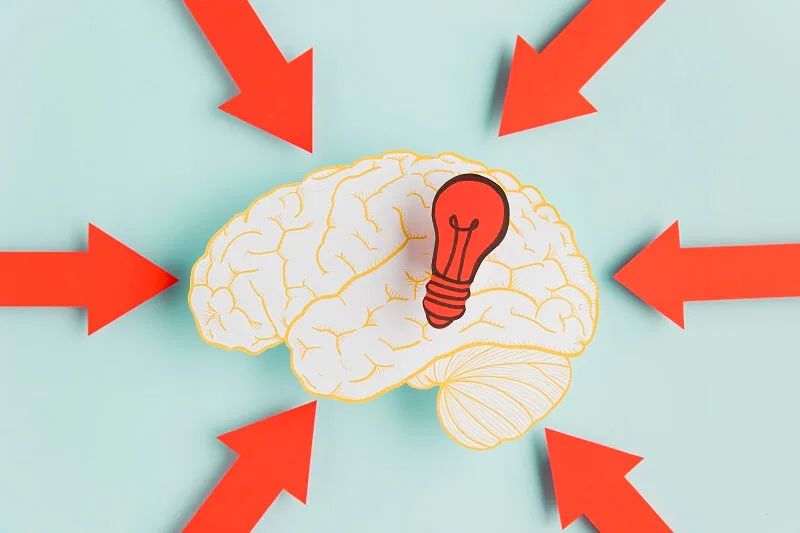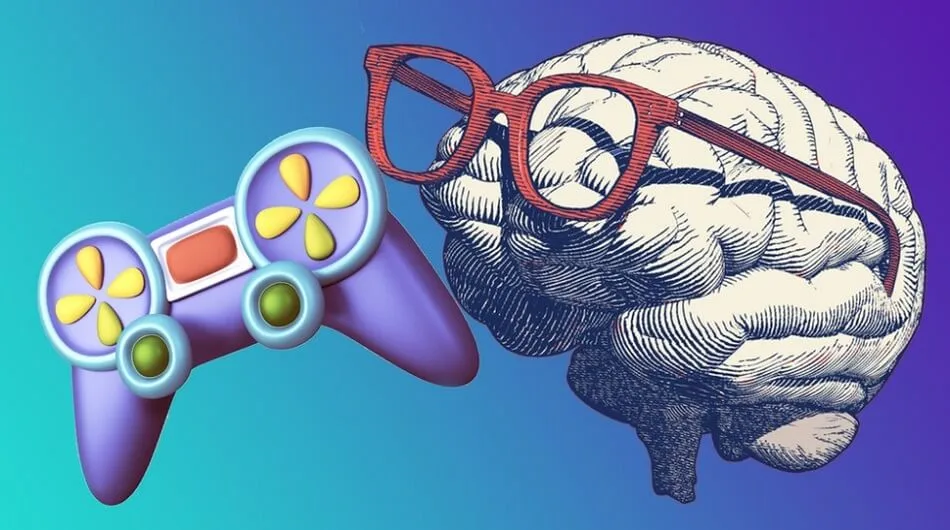Aging is a natural process, and with it comes the need to focus on maintaining cognitive health. Keeping the brain sharp and healthy is a crucial aspect of overall well-being as one ages. This blog post delves into practical, actionable strategies to ensure that the mind remains as agile and vibrant as possible through the years. These strategies are designed to promote mental acuity and support cognitive functions, ensuring a high quality of life even as one gets older.
Embrace Lifelong Learning
The adage “use it or lose it” holds true when it comes to brain health. Engaging in continuous learning keeps the mind active and reduces the risk of cognitive decline. This can be as simple as picking up a new hobby, learning a musical instrument, or exploring a subject that has always been of interest. Lifelong learning stimulates the brain, encouraging the growth of new neural connections. It’s never too late to start; every new skill learned or topic explored contributes to a healthier brain.
Stay Socially Connected
Social interaction plays a vital role in keeping the brain sharp. Regular conversations, social gatherings, and community involvement keep the mind engaged and active. These interactions can range from family get-togethers to joining clubs or groups that align with personal interests. Social engagement not only stimulates various areas of the brain but also combats feelings of loneliness and isolation, which can negatively impact mental health. Participating in group activities like book clubs, volunteer work, or classes offers mental stimulation and the emotional benefits of connecting with others, further enhancing cognitive resilience.
Incorporate Physical Exercise
Physical activity is not just good for the body; it’s also great for the brain. Regular exercise, such as brisk walking, swimming, or yoga, helps improve blood flow to the brain and encourages the development of new brain cells. Even moderate exercise a few times a week can make a significant difference. Physical activities enhance cognitive function, improve mood, and reduce stress, contributing to overall brain health. Incorporating a variety of exercises, from aerobic workouts to strength training and balance exercises, can provide comprehensive benefits, ensuring both the brain and body stay fit and healthy.
Nurture a Healthy Diet
Nutrition plays a critical role in brain health. A balanced diet rich in fruits, vegetables, lean proteins, and whole grains provides the necessary nutrients for optimal brain function. Foods high in antioxidants, Omega-3 fatty acids, and vitamins are particularly beneficial for maintaining cognitive health. Including foods like blueberries, nuts, and fatty fish in one’s diet can enhance memory and protect against cognitive decline. Staying hydrated is equally important, as even mild dehydration can affect mental performance. Drinking enough water and limiting high-sugar and caffeinated beverages can help maintain a steady level of cognitive function throughout the day.
Engage in Mental Stimulation
Regular mental exercise is as important as physical exercise. Puzzles, brain teasers, and Trivia Today games are excellent ways to challenge the mind. These activities not only provide entertainment but also help sharpen cognitive skills like memory, attention, and problem-solving. Mixing up these activities keeps the brain engaged and prevents monotony. Whether it’s a crossword puzzle, a strategy-based game, or a stimulating read, keeping the brain actively engaged helps maintain its sharpness.
Prioritize Quality Sleep
Adequate sleep is essential for brain health. During sleep, the brain consolidates memories and repairs itself. It’s important to establish a regular sleep schedule and create a sleep-friendly environment that is free from distractions. Quality sleep rejuvenates the brain, improving concentration, mood, and cognitive function. Avoiding stimulants like caffeine close to bedtime and unwinding with a relaxing routine can also promote better sleep. Engaging in calming activities, such as reading or listening to soft music before bed, can help in transitioning to a restful state, ensuring the brain gets the rest it needs.
Manage Stress Effectively
Chronic stress can have a detrimental effect on brain health. It’s important to find effective ways to manage stress, such as mindfulness, meditation, or engaging in relaxing activities. Techniques like deep breathing, yoga, or spending time in nature can help reduce stress levels. A calm and relaxed mind is better equipped to handle cognitive tasks and maintain mental sharpness. Additionally, setting aside time for hobbies and interests that bring joy can be a powerful stress reliever. Establishing a balance between work and leisure helps in maintaining a healthy mental state, which is crucial for cognitive well-being.
In conclusion, maintaining brain health as one ages is a multifaceted approach. It involves nurturing the mind through learning, staying socially and physically active, eating a nutritious diet, engaging in mental exercises, prioritizing sleep, and managing stress. These strategies work together to ensure that the brain remains as healthy and sharp as possible, allowing for a fulfilling and vibrant life at any age.





